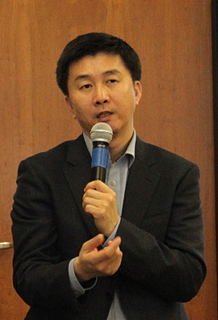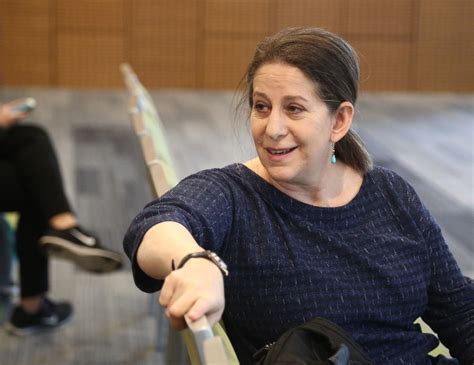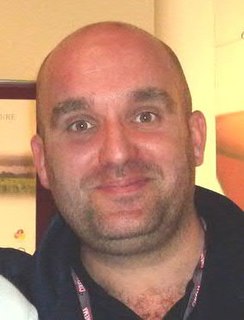A Quote by Lee Hyeon-seo
In North Koreans, the moment we are born, we don't know there's another life existing outside of our country. The regime always told us all the bad things about the outside world, describing America as full of thieves, all human scum, beggars, everyday people dying on the streets and hospitals.
Quote Topics
About
Always
America
Another
Another Life
Bad
Bad Thing
Bad Things
Born
Country
Describing
Dying
Everyday
Everyday People
Existing
Full
Hospitals
Human
Know
Koreans
Life
Moment
North
North Korea
North Korean
Our
Our Country
Outside
Outside World
People
People Dying
Regime
Scum
Streets
Thieves
Things
Us
World
Related Quotes
Brian Myers takes a fresh approach. He largely ignores what the regime tells the outside world about itself, but concentrates instead on what North Koreans themselves are supposed to believe, paying special attention to the North Korean narratives and mass culture, including movies and television shows. (...) There are few books that can give the world a peek into the Hermit Kingdom. The Cleanest Race provides a reason to care about how those in North Korea see themselves and the West. It is possibly the best addition to that small library.
I suppose my dream was always about existing outside of London. Obviously the film world 10 years ago, when I first kicked off, was a very different landscape. Meeting anyone for a job on the crew, and on the cast, always meant a trip to London for me. But it's changed quite dramatically. You can't completely exist outside of what's down there, but things have changed massively.
We are seeing, then, that our experience is altogether momentary. From one point of view, each moment is so elusive and so brief that we cannot even think about it before it has gone. From another point of view, this moment is always here, since we know no other moment than the present moment. It is always dying, always becoming past more rapidly than imagination can conceive. Yet at the same time it is always being born, always new, emerging just as rapidly from that complete unknown we call the future. Thinking about it almost makes you breathless.
Conscience is a creator of meaning. As a sense of constraint rooted in our emotional ties to one another, it prevents life from devolving into nothing but a long and essentially boring game of attempted dominance over our fellow human beings, and for every limitation conscience imposes on us, it gives us a moment of connectedness with an other, a bridge to someone or something outside of our often meaningless schemes.
A painting lets us know how somebody literally saw things. A piece of music is another language that transmits a whole wealth of emotion and wordless experience. But writing is special in the way at allows us to temporarily enter another person's world, to step outside the boundaries of our own time and space.
Civil disobedience is not our problem. Our problem is civil obedience. Our problem is that people all over the world have obeyed the dictates of leaders…and millions have been killed because of this obedience…Our problem is that people are obedient allover the world in the face of poverty and starvation and stupidity, and war, and cruelty. Our problem is that people are obedient while the jails are full of petty thieves… (and) the grand thieves are running the country. That’s our problem.
Anyone has outside influences. They are the results of the cosmic roll of the dice: this person is born Aragon the Ranger, this person is born a prisoner in North Korea, this person is born Carlos the Dwarf. Some of these things are out of our control, but that doesn't mean that they can't be changed. A character, just like a person in real life, is a summation of her actions and feelings. Our actions and emotions are not performed against nothing, they do not arise from dust, we are in constant friction, and/or flow with our surroundings.


































